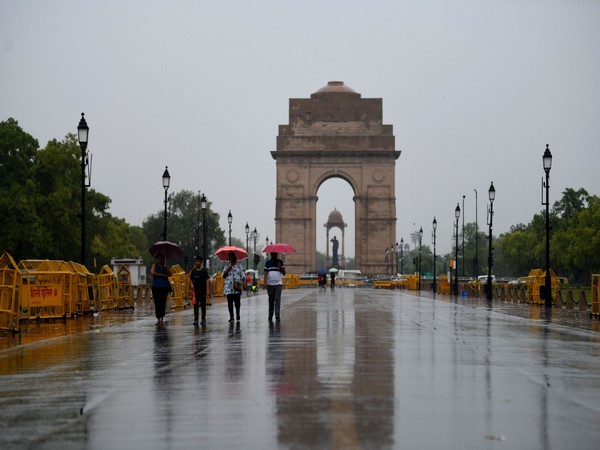India Plans Nationwide Climate-Linked Insurance to Tackle Rising Weather Risks

New Delhi – The Government of India has initiated early discussions with local insurers to develop a nationwide climate-linked insurance program aimed at providing prompt financial assistance following extreme weather events, such as floods, heatwaves, and cyclones.
The proposed plan will follow a parametric insurance model, where payouts are automatically triggered once specific weather thresholds—such as temperature, rainfall, or wind speed—are exceeded. This approach ensures faster payments compared to traditional insurance, which often involves lengthy damage assessments.
If implemented, India could become one of the first major economies to adopt a national parametric insurance system. The move would also help the government reduce its fiscal burden, as insurers would share the financial risks of disasters that currently rely heavily on federal relief funds.
Government bodies, including the National Disaster Management Authority, the Finance Ministry, and the Insurance Regulatory and Development Authority of India, are jointly exploring coverage models and funding mechanisms. Options under consideration include using existing disaster funds or introducing small deductions in utility bills to finance insurance premiums.
India ranks sixth globally in climate vulnerability, having faced over 400 extreme weather events between 1993 and 2022, resulting in more than 80,000 deaths and economic losses of around $180 billion, according to the Germanwatch Global Climate Risk Index 2025.
Several Indian states have already piloted similar schemes. In Rajasthan, Gujarat, and Maharashtra, around 50,000 women received payouts when temperatures exceeded 40°C last year. Nagaland, which introduced disaster risk coverage through SBI General Insurance, received its first payout of $119,000 this year following heavy rainfall. In Kerala, the state’s milk federation has also launched a scheme to protect farmers from losses due to heat stress.
Interest in parametric insurance is increasing globally, with countries like Fiji already adopting national-level models. The use of such financial tools to manage climate risk is also expected to be highlighted at COP30 in Brazil later this year. – News Agency
